New Zealand
Daybreak at Milford Sound/Fjords
Milford Sound lies in a remote corner of New Zealand’s South Island.
Pure Natural Beauty. Deep within Fiordland National Park lies Milford Sound, New Zealand’s most stunning natural attraction. With its magical combination of mountain peaks, ink-dark waters and superb dramatic forest-clad cliffs, it must be seen to be believed.
Photos do not do justice to the beauty of this area.
 |
| Subtropical rain forest carpet the rocky cliffs. |

- Dunedin

Rare yellow-eyed penguins, fur seals and the world's only mainland albatross colony share residence in Dunedin, New Zealand's oldest city.
Hiking across the countryside....
And inside a mile and a half man made covered trenches, we finally had a view of nesting Yellow Eyed Penguins. They are very rare and only nest in wooded areas just off the sandy beaches.
Albatross
Sailing the coast from Dunedin to Christchurch
 |
| Black Swans dot the cost line and inner harbors. |
There are about five sheep to every person on the South Island.
Albertross Colony
Misty hillsides burst with green color this spring.
Southern Alps of New Zealand
By Train
The Southern Alps Mountain Range runs along much of the length of New Zealand’s South Island. The range is famous for some of the highest peaks in the country. The river runs with a pale baby blue color due to the minerals leached from the rock.
The cloud covered mountains adds to the mystique.
Mountains of sheep.
Sub-Tropical Rain Forest
From mountains to rain forest, it is difficult to imagine this much diversity on such a small island.
Each sub-tropical rainforest is unique but the one situated inside the city of Wellington, called Zealandia is truly unique.
Basically it is Jurassic Park in reality. A designated area on the outskirts of Wellington has been enclosed in electric fencing having been cleared of predators that are not indigenous to New Zealand. They are in the first 80 years of a 500 year plan to turn this area back to it's original state before native Mori arrived on the island.
This is what lizards were before they were actually lizards. Tuatara: New Zealand's living dinosaur! The tuatara is a lizard-like reptile - often described as a living fossil from the dinosaur age - that is only found in New Zealand.
Rare Baby Pāteke
Pied Shag
Remnants of the valves used when this area was part of Wellington's water reservoirs.
Kaka is a medium-sized parrot
Saddleback bird
Other Sub-Tropical Rain Forest of New Zealand each have their own unique flora.
North Island:
New Zealand is very Eco-conscious. To prevent the spread of disease in the rain forest you must clean the bottom of your shoes as you enter and exit the trail.
These native eels were about 24 inches.
The sulfur smell was very strong.
 Walking around the thermals with my camera was a challenge since the geothermal steam would continually fog the camera's lens.
Walking around the thermals with my camera was a challenge since the geothermal steam would continually fog the camera's lens.
New Zealand Coast Views From Sea and Harbor


Other Sub-Tropical Rain Forest of New Zealand each have their own unique flora.
North Island:
New Zealand is very Eco-conscious. To prevent the spread of disease in the rain forest you must clean the bottom of your shoes as you enter and exit the trail.
These native eels were about 24 inches.
This old growth forest boast one of the oldest trees on the North Island at 1500 years old.
Geothermal Region on North Island
The sulfur smell was very strong.
 Walking around the thermals with my camera was a challenge since the geothermal steam would continually fog the camera's lens.
Walking around the thermals with my camera was a challenge since the geothermal steam would continually fog the camera's lens. New Zealand Coast Views From Sea and Harbor
























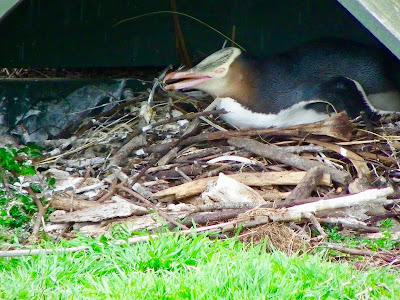



























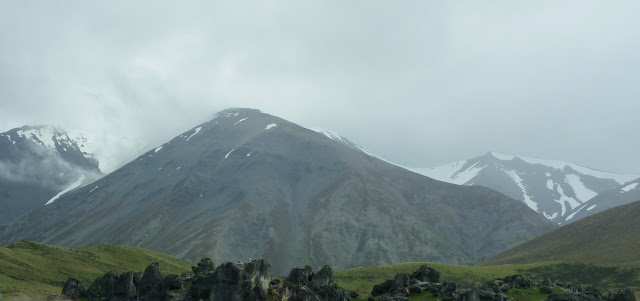











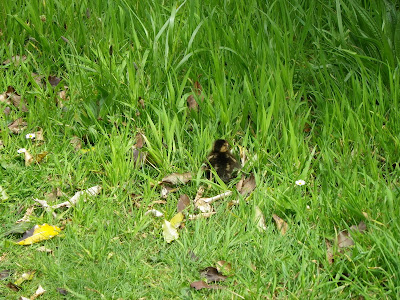







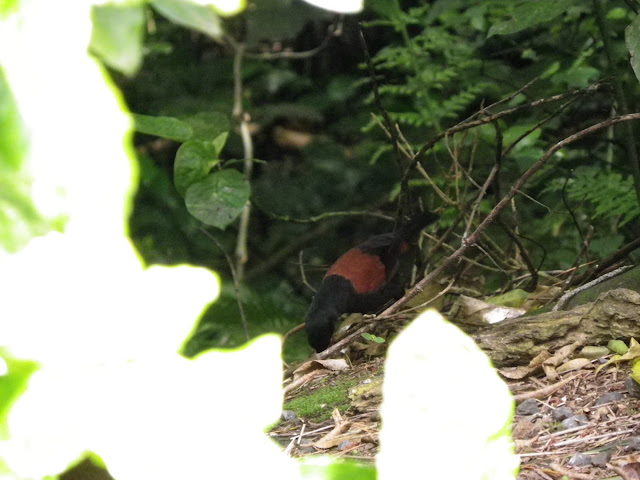
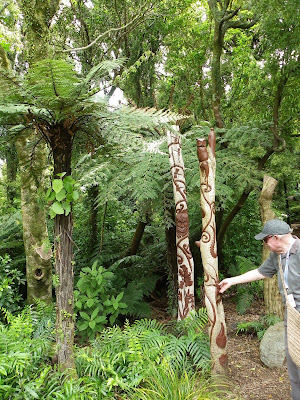



































































No comments:
Post a Comment